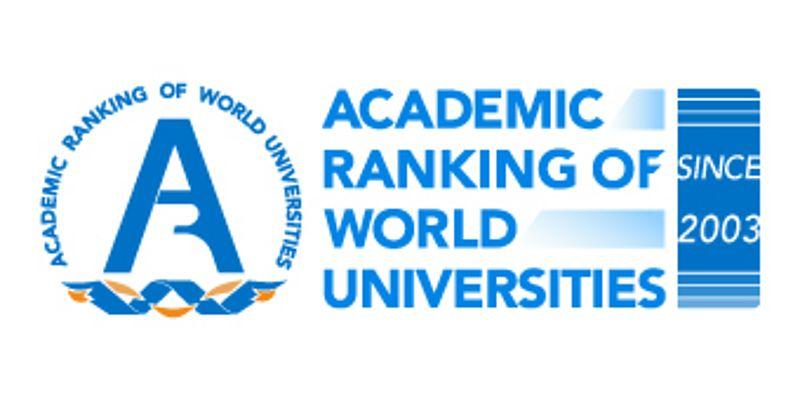Should we still care about world university rankings?
Rankings for me but not for thee

Fundamental research! Working on cutting-edge themes without being tied to any practical applications, expenses or implementation questions — wouldn't that be the epitome of freedom? Well, for a Western researcher with time and money, the answer would be yes. But that's not how things are for everyone. Many researchers are pressured to participate in a rat race.
That's (partly) because fundamental research has been considered an asset for university rankings more and more. ARWU, best known as the Shanghai Ranking, grades the world's universities based on a number of criteria, including the number of researchers and alumni who have won Nobel Prizes or Fields medals, the number of researchers with frequently cited publications, the number of recent articles published in the academic journals Science and Nature, and the number of studies indexed in two specific citation indices.
Dat komt mede doordat fundamenteel onderzoek in de universiteitsrankings systematisch als groter goed wordt gezien. De ARWU, beter bekend als de Shanghai Ranking, geeft punten aan universiteiten op basis van enkele criteria: onderzoekers en alumni die Nobelprijzen of Fieldsmedailles hebben gewonnen, onderzoekers met meerdere zeer veel geciteerde publicaties, recente artikelen gepubliceerd in Science en Nature, en artikelen geïndexeerd in twee specifieke citatie-indices.
Utrecht University is now in 54th place, which makes it the highest ranked university in the Netherlands. Since Brexit, it is the sixth best-ranked university in the European Union. Can we pat ourselves on the back for that? Sure, it's nice. But it's not like the Shanghai Ranking tells us anything about the quality of education or the social value of the research being done. It says absolutely nothing about many types of research outside the exact sciences and economics. Other rankings aren't much better as they use similar criteria.
But that's not the problem: take a look at the top 100 universities in the Shanghai Ranking and you'll see that the vast majority of them are in Europe and North America. Sorry, that’s not specific enough: what I really mean is the United States and the United Kingdom. In a manner of speaking, AWRU is a ranking for me but not for thee: due to the criteria they use, Anglo-Saxon countries are presented as the definition of academia.
This effect strengthens itself through the attractive influence those high scores still have. The established elite is so established that Harvard is always ranked number 1, scoring 100 out of 100 possible points. All the others are "scored" in relation to Harvard.
That's not good news for universities outside of that established elite. Emerging universities must measure themselves against the standards set by ARWU. If they do not comply, they get a low position in the ranking, which affects their ability to attract prospective students and talented staff. It's a vicious circle. If we continue to measure academia like this, Harvard and the Ivy League will always be at the top.
In the Netherlands, the h-index and the impact factor have been relegated to the past. Hopefully, we will no longer recognise and reward ourselves using these meaningless metrics. So, why are we still playing the international ranking game? It's time to say goodbye to the university rankings and regard them as relics of the modernist era. They belong in a museum alongside the impact factor and the h-index.
Alright, but then what? The desire to compare ourselves to others seems ingrained. How can we measure whether a university invests its time and energy towards improving society, conducting research that optimises people's lives? Is it possible to quantify the quality of education? The National Student Survey is trying to do just that but it doesn’t seem to yield any remarkable insights. Our own evaluation programme, Caracal, which is completed by about three people per course, doesn’t do it either.
If we do not want to move away from the urge to rank and can’t find a better system, then the Shanghai Ranking, with all of its geographical biases, will remain the one telling us which universities are prestigious and which are not. UU is on the "right" geographical side, but that only makes it more important to find another way.